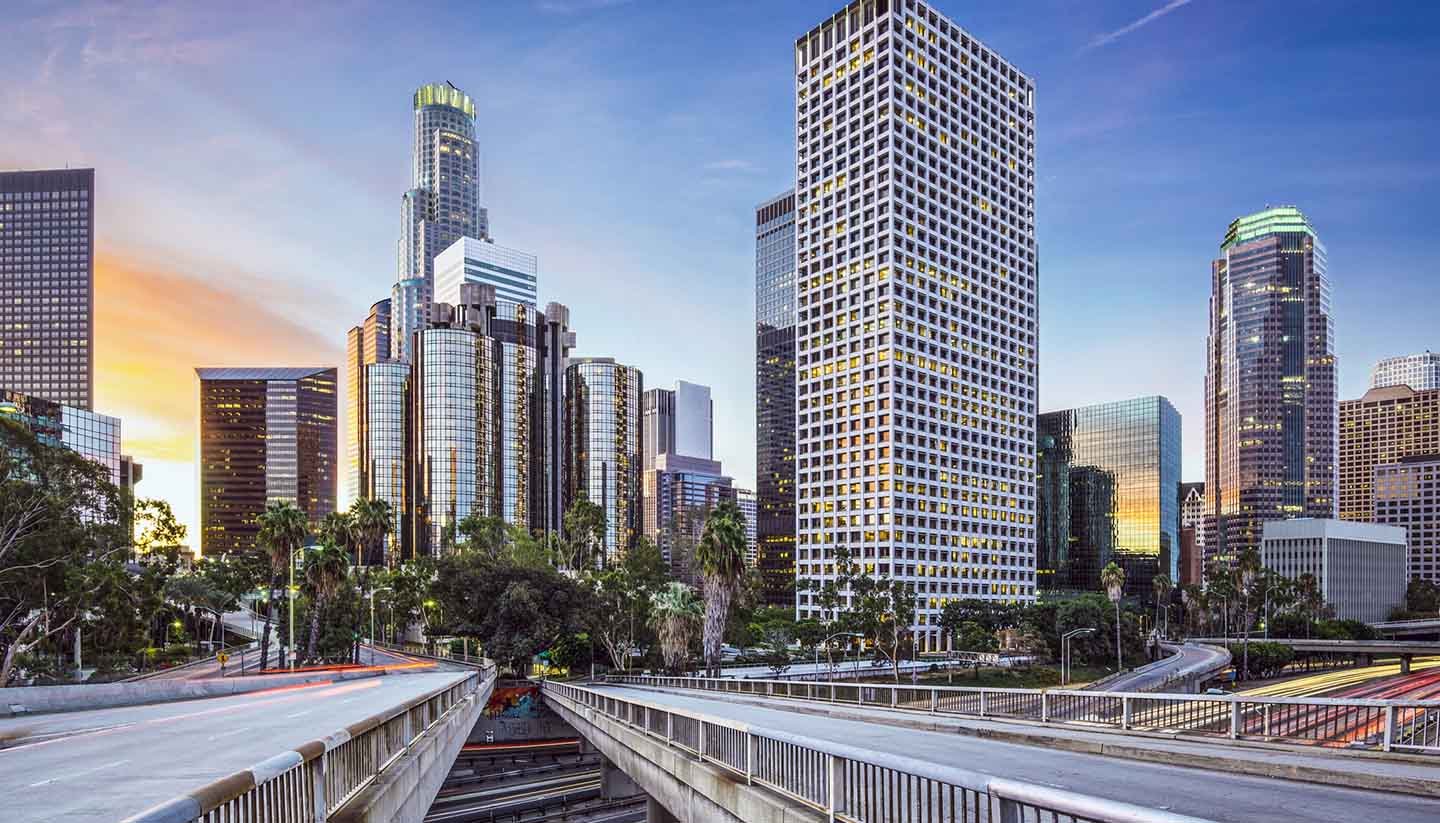Los Angeles History
LA dates back as early as 8,000 BC when Native Americans hunted along the California coastline. However, modern LA started in 1781 when the Spanish officially founded Los Angeles by building missions and forts across California.
The city became a battleground during the Mexican-American War of 1846, eventually reaching a peaceful conclusion that signed California over to the US.
Over the centuries, LA grew from a Gold Rush community to a major oil producer, fuelled by the railroads. LA was redefined in the 1920s, when the fledgling film industry decamped from New York in search of sunshine and Hollywood was born.
In the golden age of studio pictures in the 1920s, 30s and 40s, movie stars set up home in the hills as LA became a true movie town. Today, all the major studios remain, and the city is still the undisputed king of film-making.
The post-WWII era brought some dark times to LA with Communist witch hunts and ethnic unrest fuelled by right wing politics. The latter led to the Watts race riots in the city in 1965.
By the 1960s, the music industry turned its sights west and a number of performers got their starts in clubs along West Hollywood’s Sunset Strip, including the Troubadour Club, the Roxy and the Whiskey A-Go-Go. The Doors, Frank Zappa, Led Zeppelin, James Taylor and The Eagles all played shows here.
The hippie counter culture led musicians to make their homes in the leafy LA canyons such as Laurel and Topanga Canyons. Los Feliz, Echo Park and Silver Lake are now the new alt-vibe communities for artists and musicians.
Capitol Records founded its famous round HQ building, designed to look like a stack of records on a turntable, near Hollywood and Vine in the 1950s.
After a rather shabby period in the 1970s and 80s, Hollywood has undergone something of a regeneration, especially with the building of the Dolby Theatre complex, current home of the Oscars ceremony, which allows LA to proudly call itself the ‘entertainment capital’ of the world again.
Did you know?
• In 1959, Los Angeles became the home of the first daily monorail in the western hemisphere. It ran as part of Disneyland.
• Director Stanley Kramer was the first person to have his star installed on the Hollywood Walk of Fame on 28th March 1960.
• In 1904, the sale of alcohol was banned in Hollywood, except for medicinal purposes.


